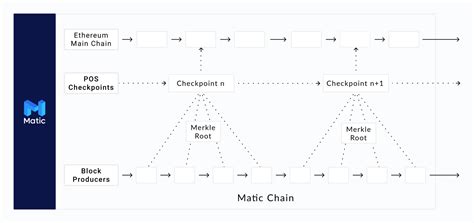Beyond Monetary Uses: Exploring Non-Monetary Applications of Ethereum and the Bitcoin Protocol

The decentralized nature of blockchain and the Bitcoin protocol has sparked widespread interest in their potential beyond monetary transactions. While many focus on the potential of a single, widely used cryptocurrency like Bitcoin, it is clear that these underlying technologies have far-reaching implications across a variety of sectors. In this article, we will explore the non-monetary uses of Ethereum and the Bitcoin protocol, examining their potential and proposed applications.
The Potential of a General Purpose Database
The idea of using the blockchain or Bitcoin protocol as a general purpose database is often explored in academic research and theoretical debate. As seen in the article “Have There Been Attempts to Create a Bitcoin-Based General Purpose Database?”, this concept involves leveraging the scalability, security, and decentralized nature of blockchain technology to create a robust, open-source data storage system.
Suggested applications for such databases include:
- Decentralized Data Storage: A blockchain-based database can provide a secure, transparent, and tamper-proof way to store sensitive or critical data.
- Smart Contracts with Custom Data: The ability to write smart contracts on the Ethereum blockchain allows developers to create custom data storage solutions that can be used for a variety of applications, such as IoT devices or smart home systems.
- Digital Asset Management: A blockchain-based database can facilitate the secure and transparent management of digital assets, including cryptocurrencies, tokens, and other decentralized assets.
Ethereum’s Role in Blockchain
Ethereum, the second-largest cryptocurrency by market capitalization, has also shown potential as a general-purpose platform. Although not as widely used for this purpose as Bitcoin or Ethereum Classic, several projects have taken advantage of Ethereum’s scalability, security, and programmability features.
Some examples of non-monetary applications using Ethereum include:
- Decentralized Finance (DeFi): Ethereum’s decentralized financial ecosystem has enabled the creation of lending protocols, decentralized exchanges, and other financial services, all built on the blockchain.
- Gaming Platforms: Several gaming platforms have integrated Ethereum-based smart contracts to create decentralized games, enabling secure, transparent, and community-driven development.
- Supply Chain Management
: Companies like IBM and Maersk have experimented with using Ethereum as a platform for supply chain management, enabling real-time tracking and transparency.
Bitcoin Protocol: Beyond Monetization
While Bitcoin has received most of the attention for its use in remittances and large-scale transactions, the protocol itself has many potential applications beyond monetary transactions. Here are some examples:
- Secure Communication Networks: The Bitcoin protocol emphasizes security and decentralization, making it suitable for secure communication networks, such as those used in finance, logistics, or law enforcement.
- Identity Verification: A blockchain-based system using the Bitcoin protocol can be used to create decentralized identity management solutions that allow individuals to verify their digital identity.
- Smart Contract Development: The scalability and security of the Bitcoin protocol make it an attractive platform for developing smart contracts that can handle complex transactions.
Conclusion
Beyond monetary use, the Ethereum and Bitcoin protocols have the potential to revolutionize a wide range of industries through their decentralized nature, security features, and programmability.

